Igbo leaders have not minced words in describing how marginalized the Igbo are in Buhari’s government. In fact, former Anambra State governor, Chukwuemeka Ezeife, believes that President Buhari, with his actions, is pushing the Igbo hard to leave Nigeria.
Even the UN has added its voice to this debate: it says Nigeria is deeply divided. Apart from the economic numbers coming out from the country, foreign investors pay attention to these divisive narratives: serious foreign Pension Fund managers might not want to leave their assets in a country that looks like it’s going to fall apart anytime soon.
But the President thinks differently. Hear the President: “If I select people whom I know quite well in my political party, whom we came all the way right from the APP, CPC and APC, and have remained together in good or bad situation, the people I have confidence in and I can trust them with any post, will that amount to anything wrong?”
Many are angry with the President’s argument. They believe that he should be the father of Nigeria, including those that didn’t vote for him, especially now that the elections are over.
Advertisement
But a close and objective look at the President’s political profile doesn’t suggest he really has anything against any ethnic group in Nigeria. (This is actually an evidence-based conclusion which I’m struggling to accept, considering the fact that I sympathize with the Igbo).
In 2003, the President embraced the south east – just as he embraced the south west in 2015 – by selecting Senator Chuba Okadigbo to be his running mate. The thinking in Buhari’s camp was that his party, the ANPP, would easily get block votes from the Igbos with the hugely popular Okadigbo.
In 2007, the ANPP believing it won the 2003 elections, which many believe was a hugely flawed election, went on to play the same ethnic card by selecting Edwin Ume Ezeoke as Buhari’s running mate.
Advertisement
Then, many of the President’s closest allies were from the south east. For example, Chief Mike Ahamba (SAN) had been Buhari’s lawyer at the election tribunals (from 2003 -2007). In fact, junior lawyers working for Ahamba told reporters that their boss didn’t make money from representing Buhari. This was very unlike most senior advocates in election petitions.
Unfortunately, he left Buhari’s CPC in 2011. Ahamba would later claim that he left Buhari – a man he loves so much – because ‘opportunists have surrounded Buhari and hijacked his mind’. He even said that four men had hijacked the CPC and that Buhari was at their mercy. He also claimed that no one could dare challenge the actions of these ‘hijackers’.
At that point, not even Buhari’s widely publicized letter appealing to him to remain in the CPC could make him stay. (Maybe Ahamba could have been Nigeria’s attorney general today).
Many analysts say the same of Buhari’s government today. Perhaps, this prompted Obasanjo to say, a fortnight ago, that no individual nor group could claim that they brought Buhari to power. Many suggest, including prominent Buhari supporters like Dele Momodu, that ‘professional power hijackers’, who claim to have helped the President into office, are presently calling the shots in Abuja. And this doesn’t necessarily mean that the President is weak – the presidential system of government makes this kind of hijacking possible. This is topic for another day!
Advertisement
Obviously, had an Igbo, like Ahamba, been in that cabal, the story would have been different. And this is tragedy of the Nigerian state – ethnicity and tribalism is the order of the day.
Well, this didn’t start today and cannot be stopped by people of Buhari’s generation. Maybe the generation Mark Zuckerberg visited last week might be able to stop ethnic and tribal tendencies in business, civil service and politics in Nigeria, when their time comes.
But fundamentally, many lessons can be learnt here.
One, Nigeria’s politics is a winner-takes-all game. Thus, political parties and ethnic groups should form strong alliances with other ethnic groups. Perhaps, Okadigbo’s thesis, in 2003, that his running with Buhari was the only way Nigeria could have a president from the Igbo extraction, in the years to come, had some merit. But more importantly, as bonds between all ethnic groups in Nigeria get stronger in political parties, the occurrence of ethnic cabals in Aso Rock might reduce
Advertisement
Two, no particular ethnic group can run Nigeria successfully without the genuine support of other ethnic groups, including the minorities. Why? Take the ridiculous pronouncements by various groups that they are going to declare their own republic on the 1st of October. This, of course, is very unlikely to happen, but such news sends very negative signals to the international community and investors, as well. And this of course suffocates the ruling party, financially and politically.
The takeaway from this is: Buhari might not really hate the Igbo, but the nature of Nigerian politics, even politics in general, is what is actually strangulating the Igbo and other ethnic groups. This ‘bitter’ experience should spur all ethnic groups to form genuine national alliances because any of them could be ostracized politically if they are not ‘involved’.
Advertisement
2 comments

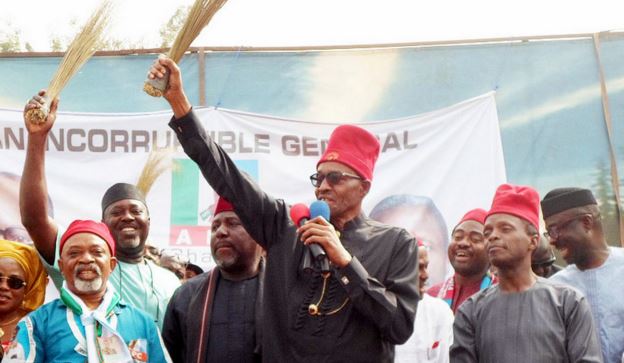
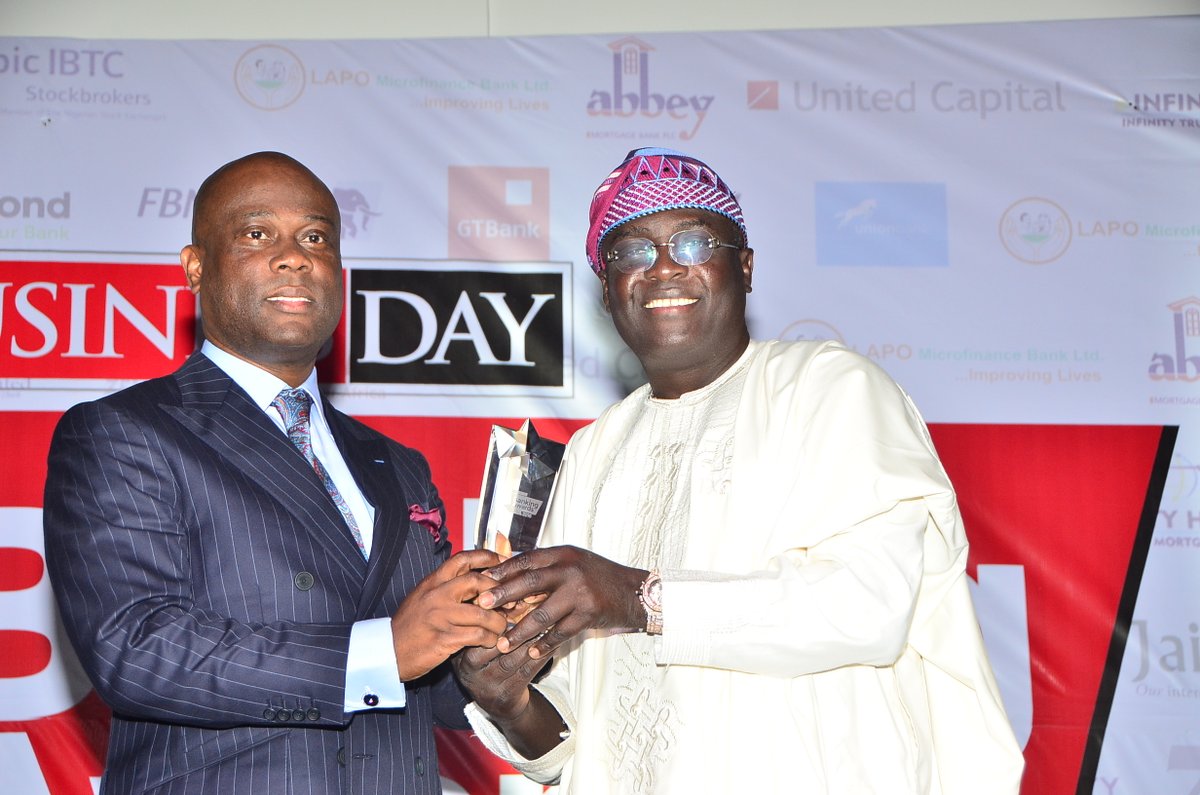

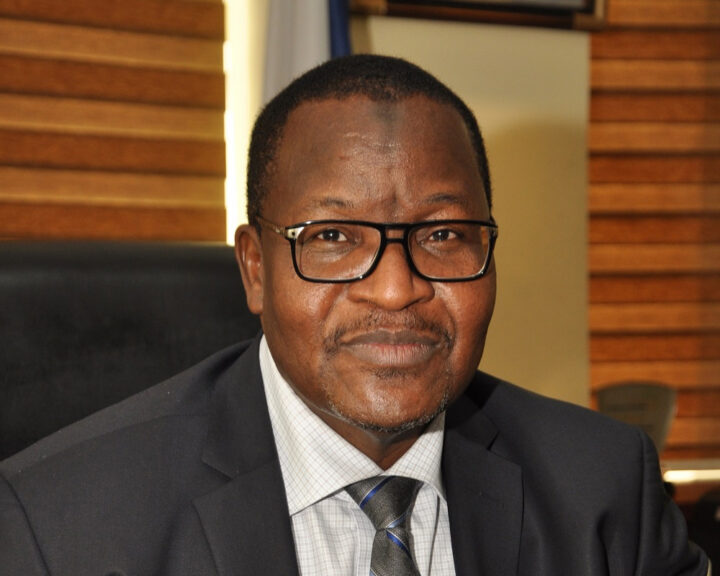
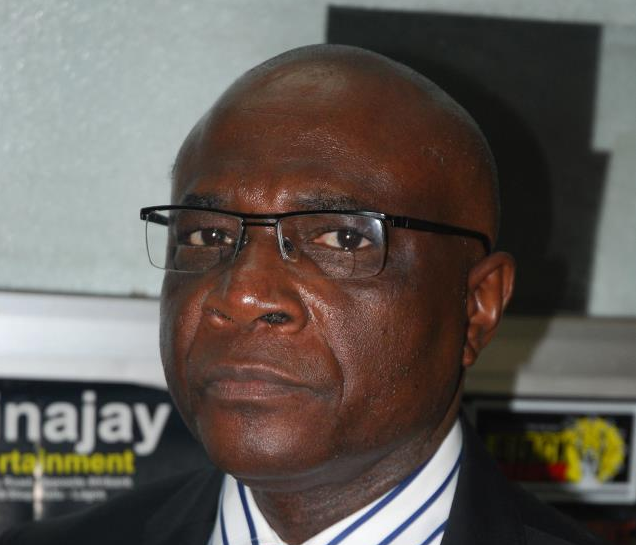
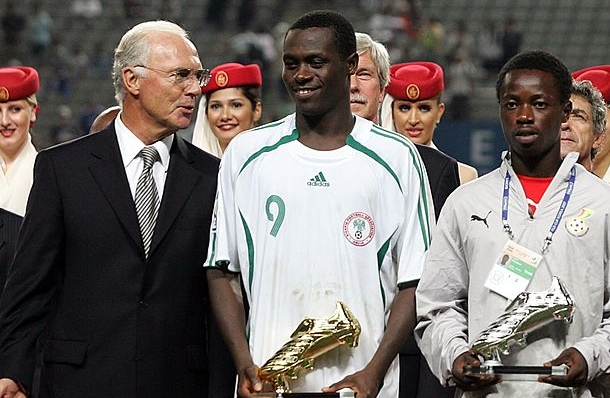

But the President thinks differently. Hear the President: “If I select people whom I know quite well in my political party, whom we came all the way right from the APP, CPC and APC, and have remained together in good or bad situation, the people I have confidence in and I can trust them with any post, will that amount to anything wrong?”
Obviously, had an Igbo, like Ahamba, been in that cabal, the story would have been different. And this is tragedy of the Nigerian state – ethnicity and tribalism is the order of the day.
One, Nigeria’s politics is a winner-takes-all game.
If one could only trust people from his tribe in a multi ethnic but yet a winner takes it all setting as you stated in one Nigeria Unity principle, what then is the sense in insisting on the Unity and oneness of a nation which even the commander in chief does not believe in. Other than preventing the map they never participated in drawing, according to Gowon recently, from looking funny. Not about the Unity or welfare of the citizens that live in the Map. For that they could afford to kill the Citizens in mass to retain the Map.
Fact is, One Nigeria Unity is not working, it has not worked for the past 50 years of its experiment, and there is no sign that it is ever going to work, unless we have been misinterpreting ” One Oil Well” to mean ” One Nigeria”. There is more to the country and it’s over 170 million Citizens than just Oil or rather protecting the map from looking funny according to Gowon recently. Entrust the constituting parts with their own destiny and that will create the commitment needed to tackle our problems which simply has been lacking, as well as convert our rivalries to healthy competition which once flourished.
But make no mistake about it; this is not a peculiar problem to Nigeria. A similar problem could have surfaced as even witnessed time without number in the European Union if England, Germany and France were to be made a nation after Roman Colonization. Thanks
I totally agree with your postulation. God bless you. Nigeria is not one and can never be able to be as one entity, except there is a jaw-jaw